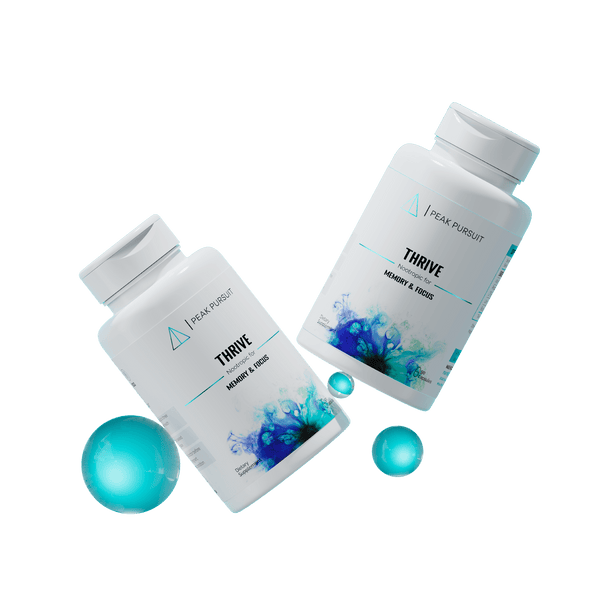I love renew.. honestly helped me get deeper, more restful sleep. I wake up feeling way more refreshed, even on nights when I don’t get a full 8 hours. Highly recommend for anyone struggling with sleep quality
I keep the bottle by the sink, next to my toothbrush, and take the supplement every weekday before bed. Since I started, I wake up just minutes before the alarm, feeling rested and ready to go—something that never used to happen. I used to hit snooze multiple times and run late. I already ordered a second bottle—didn’t want to risk being late to work again!!
I’m definitely feeling the difference with Renew. Even when I don’t get enough sleep, it helps me bounce back. When I do sleep well, I wake up refreshed and dreaming more. Already told a few friends about it.
Genuinely impressed. I can feel the effects and it’s obvious this was made with care. Been a real game changer and I’m loving how it’s working for me.
I’m a kickboxer so good rest is a must and honestly I can tell it’s better now. Solid mix that helps with recovery where it really matters.




